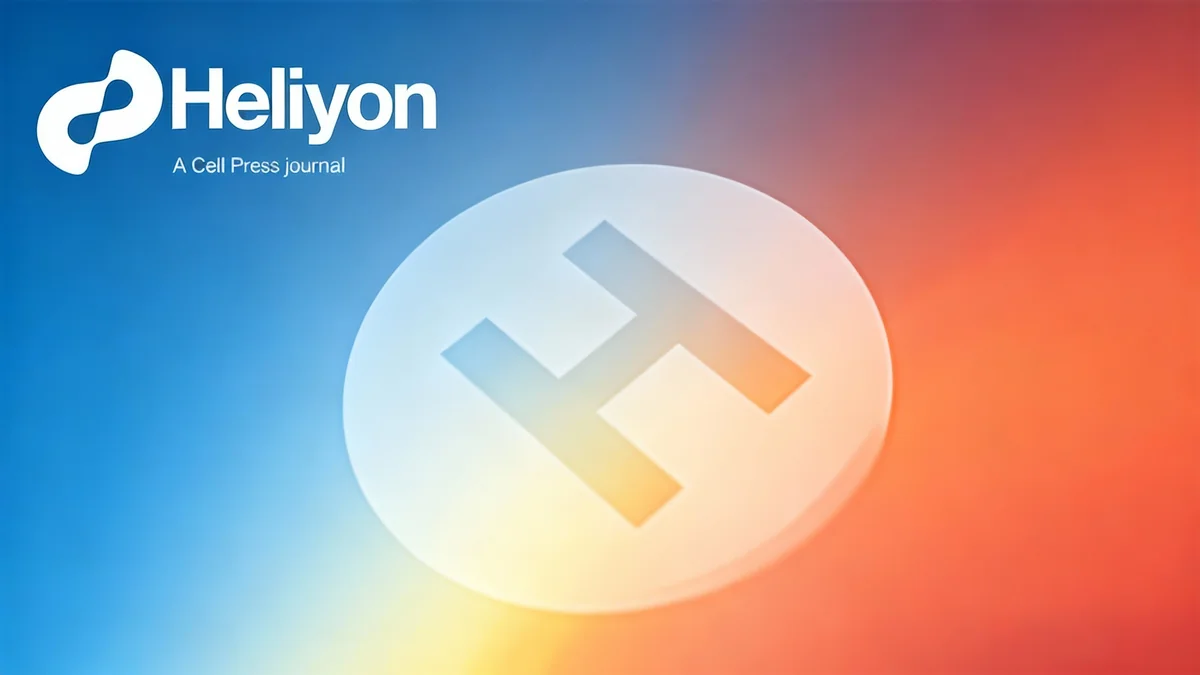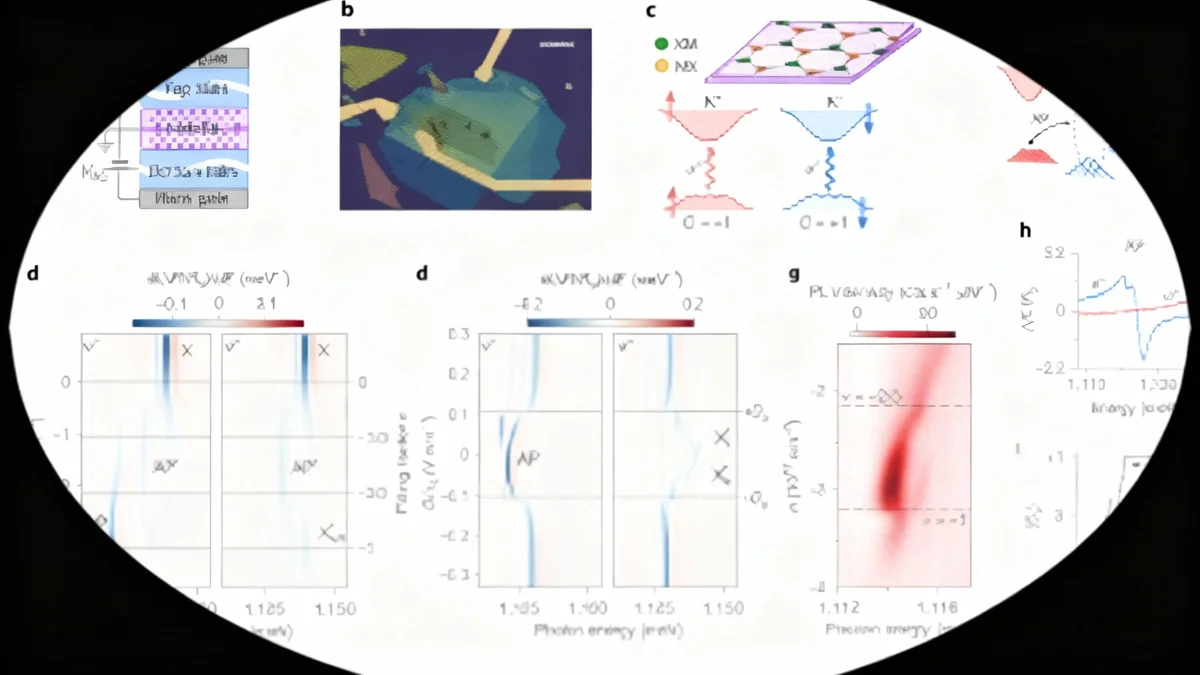The world of academic publishing is facing a period of intense turmoil, as several high-profile journals confront significant challenges to their credibility and operational stability. Recent events, including the delisting of one journal from a major index and the mass dismissal of staff at another, highlight growing concerns about research fraud, the sustainability of the peer-review process, and the very foundation of scientific integrity.
These issues are not isolated incidents but symptoms of a broader systemic strain. Experts are now warning that fraudulent research is evolving from individual ethical lapses into an organized business model, threatening to undermine public trust in science at a critical time.
Key Takeaways
- Prominent medical journal Cureus has been delisted from the Web of Science index, a significant blow to its reputation and impact factor.
- The future of the CDC's journal, Preventing Chronic Disease, is uncertain after most of its staff were let go.
- A severe shortage of willing peer reviewers is causing publication delays and raising concerns about the quality of scientific oversight.
- There is growing evidence that research fraud is becoming a systematic enterprise, particularly in fields like cancer research.
- The rise of Artificial Intelligence is introducing new challenges to academic integrity, with widespread use among students for potentially dishonest purposes.
Journals Under Pressure
Recent developments have sent shockwaves through the academic community. The journal Cureus, known for its rapid publication model, was recently delisted from the prestigious Web of Science index. This move effectively strips the journal of its impact factor, a key metric used to gauge a journal's influence and importance. The delisting raises serious questions about the quality and vetting process of its published articles.
In a separate but equally concerning event, the future of Preventing Chronic Disease, a journal published by the U.S. Centers for Disease Control and Prevention (CDC), has been described as being "in limbo." This uncertainty follows the dismissal of most of its editorial staff, creating a significant leadership and operational vacuum. The situation casts a shadow over a key public health publication.
What is Web of Science?
Web of Science is a highly influential database that provides subscription-based access to multiple databases of academic journals, conference proceedings, and other documents. Being included in its index is a mark of quality and legitimacy for a journal, and its impact factor is a critical measure of academic prestige.
The Cracks in Peer Review
At the heart of academic publishing is the peer-review process, where experts in a field volunteer their time to scrutinize a manuscript before publication. However, this cornerstone of scientific validation is showing signs of severe strain.
A growing number of academics are declining to review papers, leading to what some call a "reviewer scarcity." This shortage creates significant bottlenecks, causing long delays in the publication of new research. More critically, it risks compromising the quality of the review process itself. When journals struggle to find qualified experts, papers may be reviewed by less-qualified individuals or undergo less rigorous scrutiny.
Some journals have even begun citing reviewer scarcity as a direct reason for rejecting manuscripts, a move that experts warn could stifle innovation and penalize researchers for a systemic failure rather than any fault in their work.
The AI Factor in Academia
A recent study in Ukraine found that nearly all surveyed medical and Ph.D. students used Artificial Intelligence for academic purposes. While some uses were legitimate, a significant portion admitted to using AI for tasks that constitute academic dishonesty, highlighting a new frontier in the battle for academic integrity.
Fraud for Profit: A New Business Model
While isolated cases of scientific misconduct have always existed, there is a growing consensus that research fraud is becoming more organized and systemic. One commentary described the situation bluntly, stating that fraud is "no longer a series of isolated ethical lapses but a business model that exploits vulnerable points in the research economy."
This trend is particularly alarming in medical research. Concerns are mounting over the proliferation of fraudulent papers in cancer research, where fabricated data could have life-or-death consequences by leading other scientists down false paths and misdirecting funding for years.
Unethical Pressures and Dubious Practices
The pressure to publish is a well-known driver of misconduct. In one extreme example, researchers at an Iraqi university were reportedly required to cite their colleagues and the university's own journals in their papers. Such practices artificially inflate citation metrics and create a closed loop that undermines objective science.
The problem extends beyond individual institutions. An investigation revealed that Clarivate, the company that owns Web of Science, was involved in what were described as dubious awards in Iraq, further blurring the lines between legitimate recognition and practices that can be perceived as rewarding questionable academic behavior.
"Fraud is no longer a series of isolated ethical lapses but a business model that exploits vulnerable points in the research economy."
The Cost of Knowledge
Alongside the crisis in integrity, the academic community is also grappling with the ever-increasing cost of accessing and publishing research. Major publishers continue to propose deals that many institutions find unsustainable.
In the United Kingdom, universities are reporting that new offers from the "big five" academic publishers are still too costly, continuing a long-standing battle over subscription fees and open-access charges. This financial pressure has led some prominent scholars at institutions like Harvard to advocate for new, free-to-access publishing models, aiming to reclaim control from commercial publishers.
The debate over who should control access to scientific knowledge—private markets or a public commons—is becoming more heated as budgets tighten and the need for widespread access to reliable information grows more urgent.





